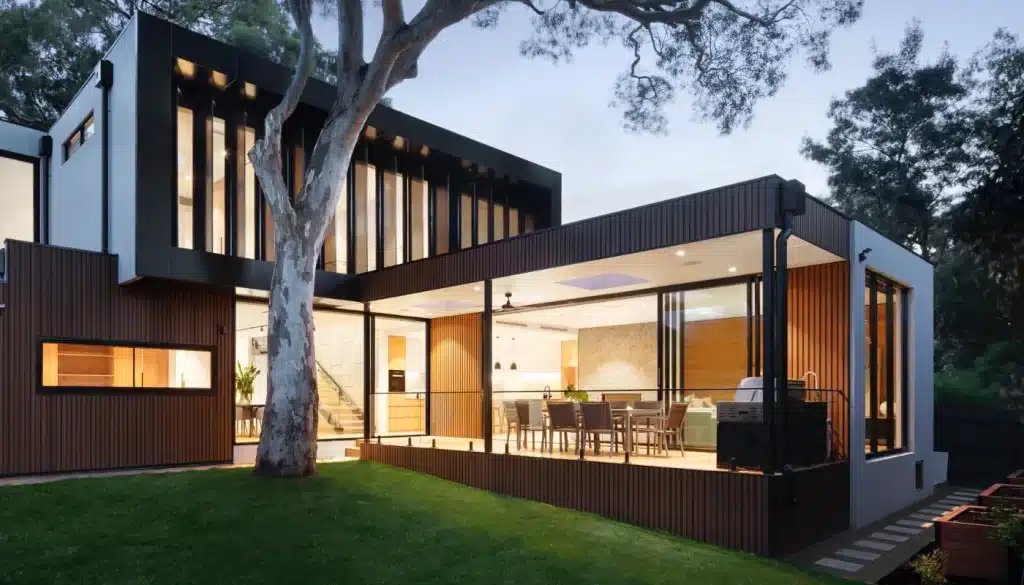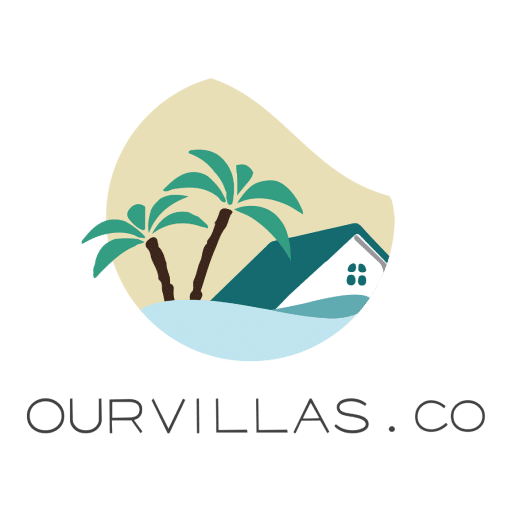Table of Contents
Is a Leasehold Property in Phuket the Right Investment for You?
Investing in leasehold property in Phuket is an attractive option for many foreigners looking to own real estate in Thailand. While freehold ownership is preferred, Thai laws restrict foreign ownership of land, making leasehold agreements a more accessible and affordable alternative.
Understanding how leasehold property works, its legal implications, and its investment potential is crucial before making a purchase. In this guide, we’ll break down everything you need to know about leasehold property in Phuket, its benefits, how it compares to freehold ownership, and whether it’s the right choice for you.

What is a Leasehold Property in Phuket?
A leasehold property allows a buyer to use and occupy real estate for a fixed period, typically 30 years, with renewal options of up to 90 years in some cases. However, the land and ultimate ownership remain with the freehold owner.
Unlike freehold ownership, where you own the property indefinitely, leasehold agreements function more like long-term rentals that eventually revert to the original owner.
✔ Common Leasehold Durations: 30 years (renewable up to 90 years)
✔ Legal Ownership: Property remains with the freehold landowner
✔ Foreigners Allowed? Yes, foreigners can legally lease property legally
Types of Leasehold Property in Phuket for Foreigners
Foreigners can legally lease various property types in Thailand, including:
1. Leasehold Condominiums
- Foreigners can buy leasehold condos when the 49% foreign ownership quota in a condominium project is already filled.
- Often found in high-demand tourist areas.
2. Leasehold Villas & Houses
- Some developers offer long-term lease options for villas and standalone homes in gated communities.
- Ideal for foreign retirees or expats looking for stability.
3. Commercial Leaseholds (Shops & Offices)
- Businesses can lease retail spaces, offices, or warehouses for commercial use.
- Common in Phuket’s tourism industry and business districts.
✔ Note: Foreigners cannot directly own land in Thailand but can lease land for up to 30 years, with renewal clauses.
Leasehold vs Freehold Property in Thailand: Key Differences
Leasehold Property in Phuket
✔ Foreigners can lease but not own land
✔ Lower initial investment compared to freehold
✔ Limited ownership term (usually 30-90 years)
✔ Fewer inheritance rights
Freehold Property in Thailand
✔ Full, indefinite ownership
✔ Higher resale value and investment return
✔ Foreigners can own up to 49% of a condominium project
✔ No restrictions on inheritance
For foreigners, leasehold properties offer affordability, but freehold condos are a more secure investment option.
Is a Leasehold Property a Safe Investment in Thailand?
Yes, but there are legal risks to consider:
✔ 30-Year Lease Protection – Thai law protects leasehold agreements up to 30 years, but renewals are not always guaranteed.
✔ Renewal Challenges – Renewing for an additional 30-60 years depends on the landowner’s agreement.
✔ Thai Company Lease Ownership – Some foreign investors set up Thai companies to lease land, making renewal easier.
To avoid legal risks, always consult a real estate lawyer before entering a leasehold agreement.
Why Leasehold Property is More Affordable
Leasehold properties are cheaper than freehold because:
✔ You’re renting the land, not owning it.
✔ The landowner retains full ownership after the lease expires.
✔ Leasehold properties often cost 30-40% less than freehold options.
For budget-conscious investors, leasehold property in Phuket provides a lower-cost entry into Thailand’s real estate market.
How to Buy and Sell Leasehold Property in Thailand
Buying a Leasehold Property
✔ New Lease from Developer – Buyers sign a direct lease with the landowner.
✔ Existing Lease Transfer – Buyers inherit the remaining lease period from the previous leaseholder.
✔ Process:
1️⃣ Review the lease contract terms (duration, renewal clauses, fees).
2️⃣ Register the lease agreement at the local land office.
3️⃣ Ensure leaseholder rights are legally protected.
Selling a Leasehold Property
✔ Resale Value Depends on Remaining Lease Term – A lease with 20+ years left is more attractive than one with only 5 years remaining.
✔ Transfer Process: The lease can be assigned to a new buyer at the Land Office.
🔹 Tip: Leasehold properties with renewal options clearly stated in the contract tend to have higher resale value.
Is a Leasehold Property in Phuket the Right Choice for You?
✔ Choose Leasehold If:
- You want a more affordable property in Phuket.
- You don’t mind a fixed lease duration.
- You prefer a vacation home rather than a permanent investment.
✔ Choose Freehold If:
- You want indefinite ownership with no time restrictions.
- You are investing for long-term returns.
- You prefer full ownership control.
Is a Leasehold Property in Phuket a Smart Investment?
For foreigners looking for a cost-effective way to own real estate in Thailand, leasehold property in Phuket offers a flexible and affordable solution. However, it’s essential to understand the legal aspects, lease renewal options, and investment potential before committing.
At Ourvillas, we help investors find secure and legally protected leasehold properties in Phuket, ensuring smooth transactions and risk-free investments. Want to stay updated? Join our Facebook community for the latest insights on Phuket property investment!
